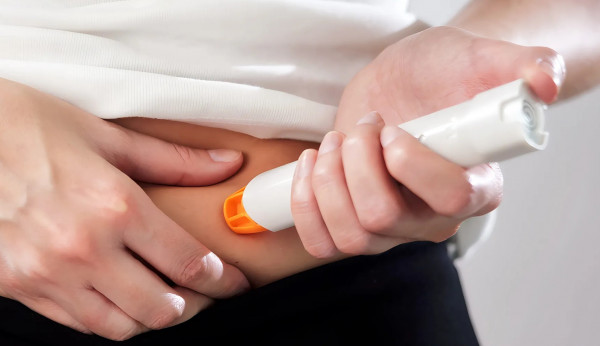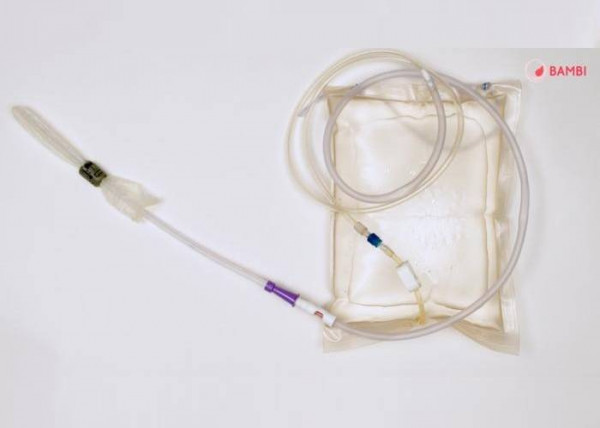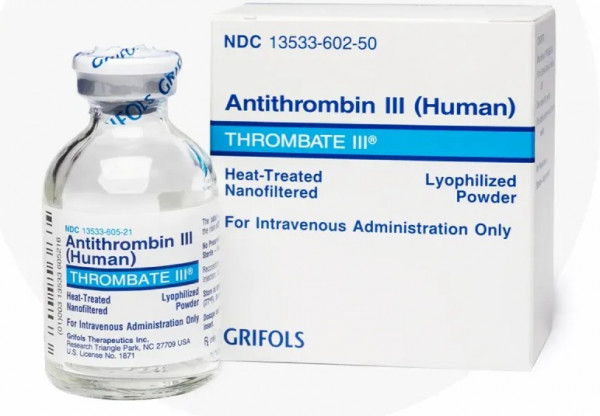
Últimas Noticias en Farma y Tecnología
Recibe diariamente las últimas novedades y cambios en el mundo de la contratación pública, la industria farmacéutica y la tecnología sanitaria.

NOTICIA DE CONTRATACIÓN
Comparison of autoinjectors for inflammatory joint or bowel disease
Imraldi is a biosimilar of the antitumour necrosis factor (TNF) monoclonal antibody adalimumab. It was approved in Europe in August 2017 for the treatment of various inflammatory conditions [1].
05 Abril 2019 | Fuente original

Imraldi may be administered via an autoinjector device. The Imraldi autoinjector, a latex-free, single-dose prefilled pen, was designed to ease and simplify the process of self-injection. To improve grip, it features a non-slip surface and a rounded four-sided shape. To facilitate self-injection, it clicks audibly to indicate the start and end of dose administration. It features a button-free initiation mechanism and a small needle size, and has a large medication viewing window with an indicator to confirm injection is complete.
In order to evaluate patients’ and nurses’ preferences for the Imraldi versus Humira or Enbrel MyClic autoinjectors in Germany and the UK, a study was carried out by independent healthcare market research agency Cello Health Insight [2].
Patients with inflammatory joint or bowel disease and nurses with experience in educating patients with these conditions on self-injection participated in two survey studies, which were carried out one after the other, with nurses and patients from Germany and the UK.
The first survey compared Imraldi and Humira autoinjectors and the second compared the Imraldi and Enbrel MyClic autoinjectors. Nurses were required to have experience in patient education and training with regard to using biological therapy involving self-injection, familiarity with how the Humira autoinjector is used, and experience managing ≥ 10 patients with inflammatory joint disease, Crohn’s disease or ulcerative colitis who self-administer a biological, including ≥ 3 patients who use the Humira autoinjector.
The two comparisons were carried out with face-to-face interviews. A total of 101 nurses (UK, n = 50; Germany, n = 51) and 151 patients (UK, n = 90; Germany, n = 61) participated. Training devices without needles and active ingredients were used.
In the first comparison, 85% of nurses and 78% of patients preferred the Imraldi autoinjector compared to the Humira autoinjector. In the second comparison, 86% of nurses and 79% of patients preferred the Imraldi autoinjector compared to the Enbrel MyClic autoinjector. The main reasons for preferring the Imraldi autoinjector included ease of use, ease of grip and its button-free initiation mechanism.
For patients, results were consistent irrespective of age, country or condition. For nurses, results were consistent regardless of country, specialty or prior familiarity with the Enbrel MyClic autoinjector.
The authors concluded that the ‘results from these comparisons suggest that rheumatology and gastroenterology nurses and patients with inflammatory joint or bowel disease prefer the Imraldi autoinjector over both the Humira and the Enbrel MyClic autoinjectors’. The improved design of the Imraldi autoinjector may help to sustain long-term effectiveness of this biological TNF inhibitor by optimizing patient comfort with self-administration of treatment. With multiple anti-TNF biosimilars available, device preference may be a contributory factor in healthcare provider selection of treatment for patients with inflammatory joint or bowel disease in whom a biological therapy is indicated.
Noticias del Día
Habla con Nuestros Expertos
Descubre cómo podemos ayudarte a alcanzar tus objetivos
en el mercado sanitario.





